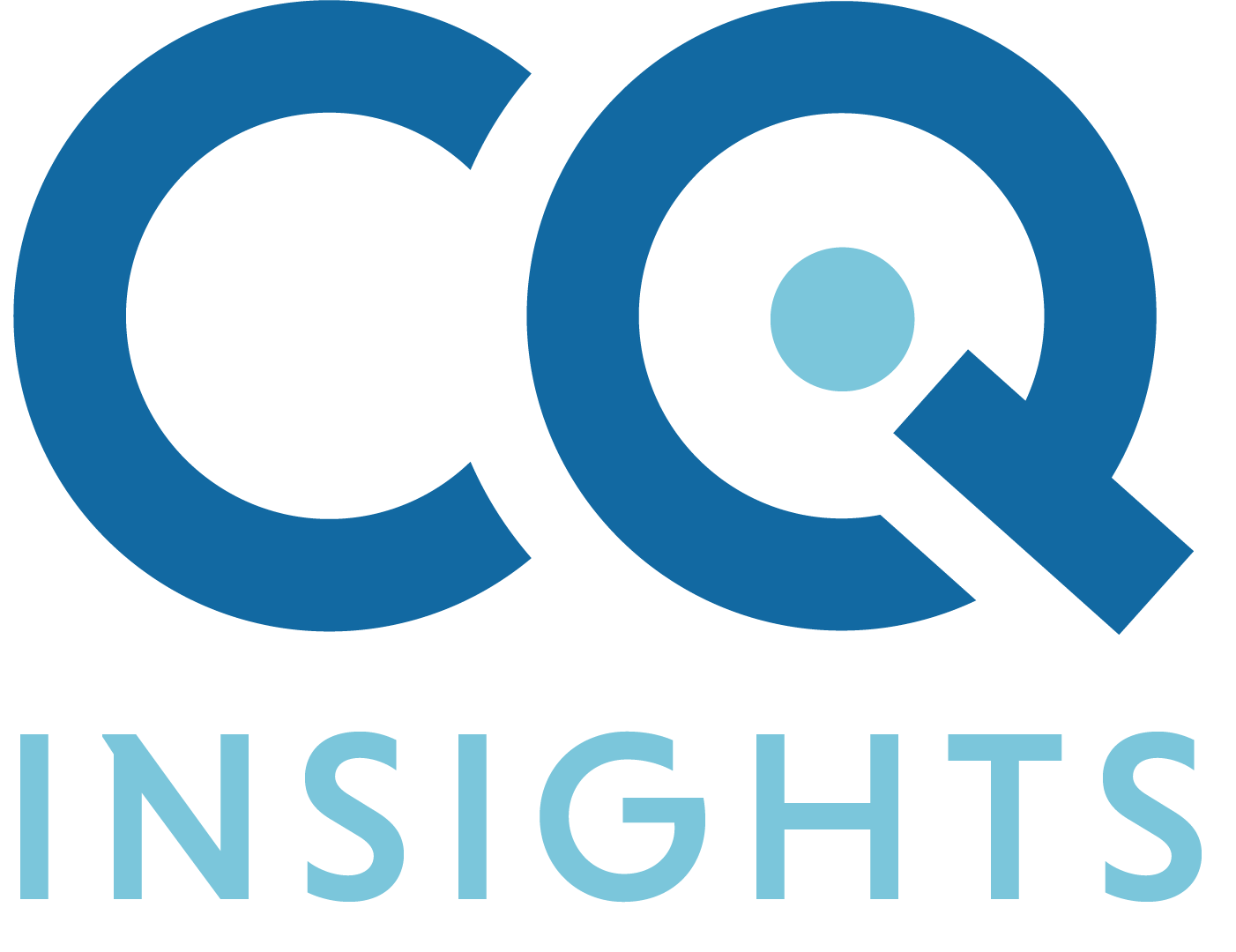As physicians, we have an ethical imperative to do what we believe will serve the best interests of our patients regardless of whether a drug, device, or treatment is approved for the specific indication for which we intend to use it. In a recent ruling (July 6, 2021) from the United States Court of Appeals, the court confirmed the legal authority that medical practitioners have in performing “the practice of medicine.” In this case, the FDA was attempting to ban electric stimulation devices to treat aggressive or self-injurious behaviors at a single center in Massachusetts that treats patients with severe mental disabilities.
In their statement, the court referred to the Food and Drug Modernization Act of 1997, where Congress stated, “Nothing in this chapter shall be construed to limit or interfere with the authority of a health care practitioner to prescribe or administer any legally marketed device to a patient for any condition or disease within a legitimate health care practitioner-patient relationship.” The argument continues, “… once the FDA permits a device to be marketed for one use, health care practitioners have the flexibility to draw on their expertise to prescribe or administer the device for any condition or disease, not just the use the FDA approved—in short, to practice medicine… such “off-label” usage of medical devices… is an accepted and necessary corollary of the FDA’s mission… Section 396 protects the liberty of doctors and patients to use approved devices in any manner they wish.” They concluded, “When Congress has spoken, we assume that is what it means and that the statute means what it says. In this case the statute says that the FDA is not to construe its statute so as to interfere with the practice of medicine.”
The FDA has offered guidance on this topic on their website titled: “Off-label” and Investigational Use of Marketed Drugs, Biologics and Medical Devices: Guidance for Institutional Review Boards and Clinical Investigators. In their guidance, they state, “Use of a marketed product in this manner (off-label) when the intent is the practice of medicine does not require the submission of an Investigational New Drug Application (IND), Investigational Device Exemption (IDE) or review of by an Investigational Review Board (IRB). “ The guidance document goes on to note that an individual institution may, under its own authority, require IRB review or other institutional oversight. But why would they when the U.S. Congress, the U.S. Appeals Court, and the FDA have all clearly stated that the law protects the physician's autonomy because it is in the best interests of patients? Any licensed and credentialled physician caring for patients should not be limited in their ability to practice medicine at the local or national level. This is an ethical imperative to maintain a physician’s ability to practice medicine in the best interest of patients.
The Advanced Medical Technology Association (AdvaMed) is a trade association that leads the effort to advance medical technology to achieve healthier lives and healthier economies worldwide. From the AdvaMed Code of Ethics: “Health care professionals may use a product for any use that they determine is in the best medical interests of their patients. This includes uses that are not approved or cleared (i.e., “off-label” uses). As recognized by U.S. law and the FDA, off-label use of these Medical Technologies can be an important part of medical practice and may even constitute a medically recognized standard of care.”
With all the legal support for physicians appropriately having the authority to use products off-label, the only debate is how physicians and companies can promote off-label products. Based on recent legal decisions and the protection of free speech by the First Amendment of the Constitution, physicians and companies can promote the use of products “off-label” using content that is “truthful and non-misleading.”
At CQInsights, we facilitate the use of our Clinical Quality Improvement (CQI) Method primarily to measure and improve outcomes for patients, including the “off-label” use of drugs and devices, while secondary uses include the FDA regulatory process. We have influenced an FDA approval for one of our clients, including the “off-label” use of our client’s product. The FDA awarded the new 510(k) that expanded indications and removed a contraindication based on the analysis of the real-world data collected by our CQI Method that does not require IRB submission or any form of a clinical trial. We consider it an ethical imperative for physicians and patients to have the treatment that they feel is most appropriate regardless of whether the FDA has approved that indication.
By: Bruce Ramshaw, MD | Co-Founder & CEO of CQInsights

